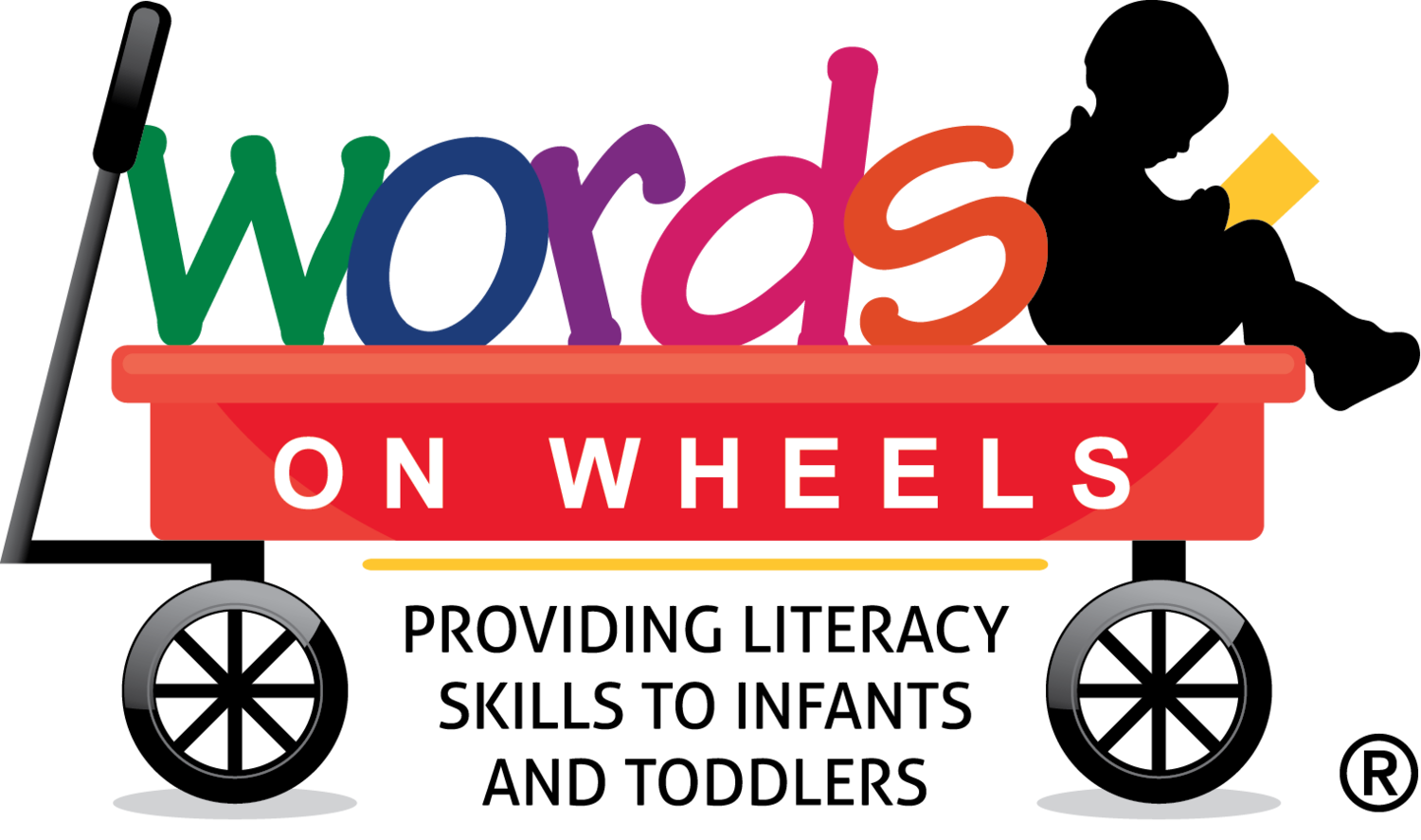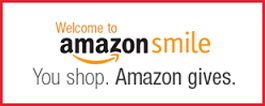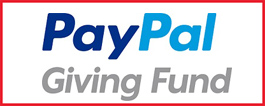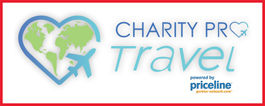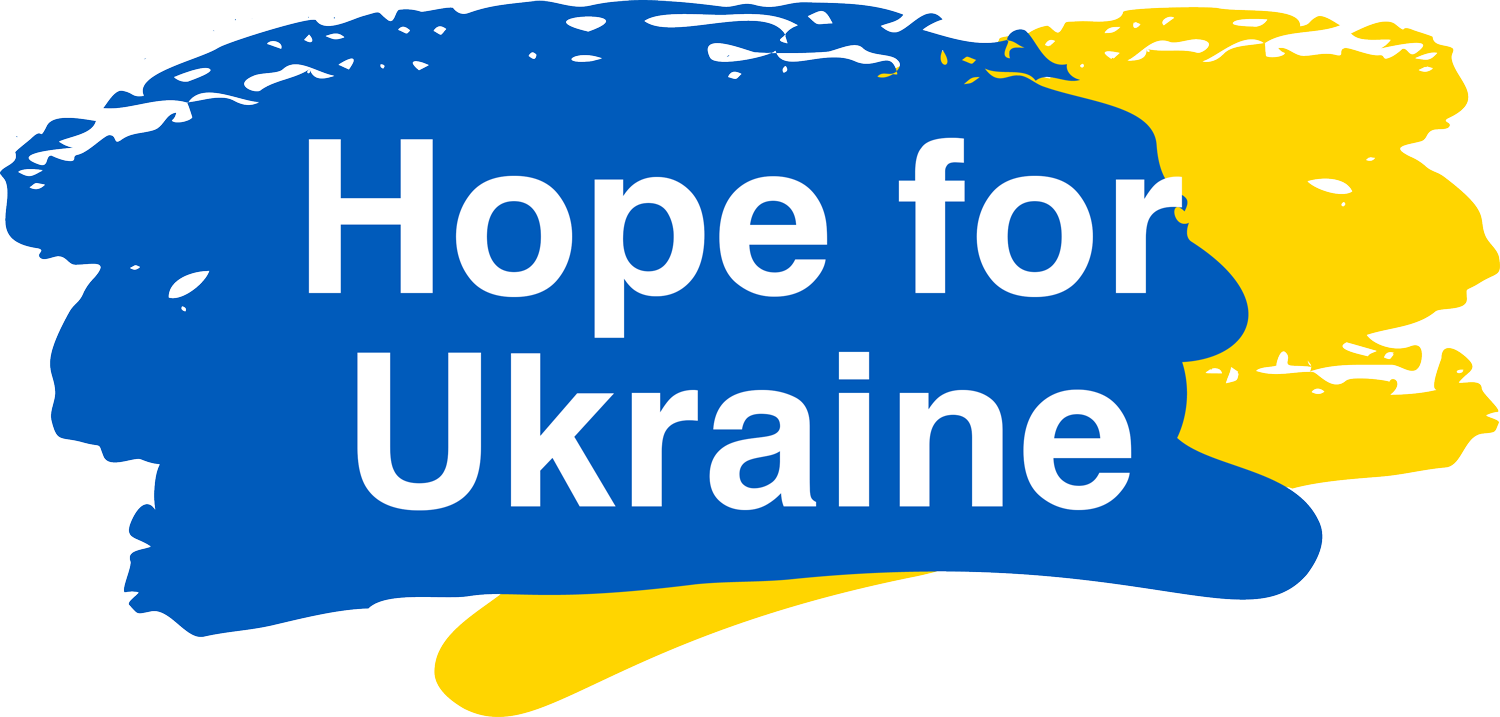The following article was from my local public library newsletter. It was from the director, Ryan Livergood. He talks about the biggest predictor of a child's vocabulary at age three is the amount and the quality of words spoken with a child in the first three years. Ryan further states that it is a good indicator of academic success. There are numerous studies on brain development in children. All the studies provide proof that reading, talking, and interacting with your child in the first three years have a great impact on their brain development. Areas such as speech, language, and literacy are impacted. Ryan also provides tips on how to help your child. I want to share his letter, so I retyped it below:
I was shopping with my 22 month-old and could tell that people were amused by me talking and singing to him as I filled my cart: “Daddy needs a new toothbrush. I am going to add this blue one to our cart. See, it is blue. Blue!” I then proceeded to sing him Elmo’s Brushy Brush Your Teeth Song. While it is true that my silliness served to entertain him, much more importantly, by talking to him, I was providing the fuel his brain needs for healthy development. Did you know that 85% of brain growth occurs in the first three years? For the brain to develop, it needs a steady stream of positive words, and lots of them.
The single strongest predictor of a child’s vocabulary at age 3 is the quantity and quality of words spoken with the child in the first three years. Vocabulary at age 3 is a robust predictor of third grade literacy, which itself is an important indicator of academic success. In fact, students who cannot read proficiently by the end of third grade are four times more likely to drop out of high school.
When I became a parent, I was terrified. I had no idea how to take care of a baby or be a good dad. I soon discovered that through experience I would figure how to change a diaper or soothe my baby. However, it was only through my early literacy training as a children's librarian that I recalled the importance of talking, singing, reading, writing and playing with my baby.
Here are a few ways you can help children 0 - 3 develop a healthy brain:
Be silly! Talk and sing to your child all …the …time! Always narrate what you are doing, even if it is just folding laundry or filling your grocery cart. It may not seem like much, but each and every word is fuel for that developing brain.
Read! When you are reading to a two month-old, you are setting a foundation for early literacy skills that every child needs to be ready to read. As a bonus, so many children’s books now are super cute and entertaining even for adults …try a Mo Willems book, he’s my favorite.
Put your phone away! I know this can be hard; I struggle with this myself. But every minute you are looking at your phone and ignoring your child is a minute you could be spending enriching your child’s brain with positive vocabulary. Don’t worry, when they finally fall asleep, you’ll have plenty of time to check Facebook. ;-)
Ryan Livergood
Executive Director, Warren-Newport Public Library District
INSIDE ANGLE SEPT. - NOV. 2017 WARREN-NEWPORT PUBLIC LIBRARY DISTRICT
https://www.wnpl.info/wp-content/uploads/insideangle/events.pdf
